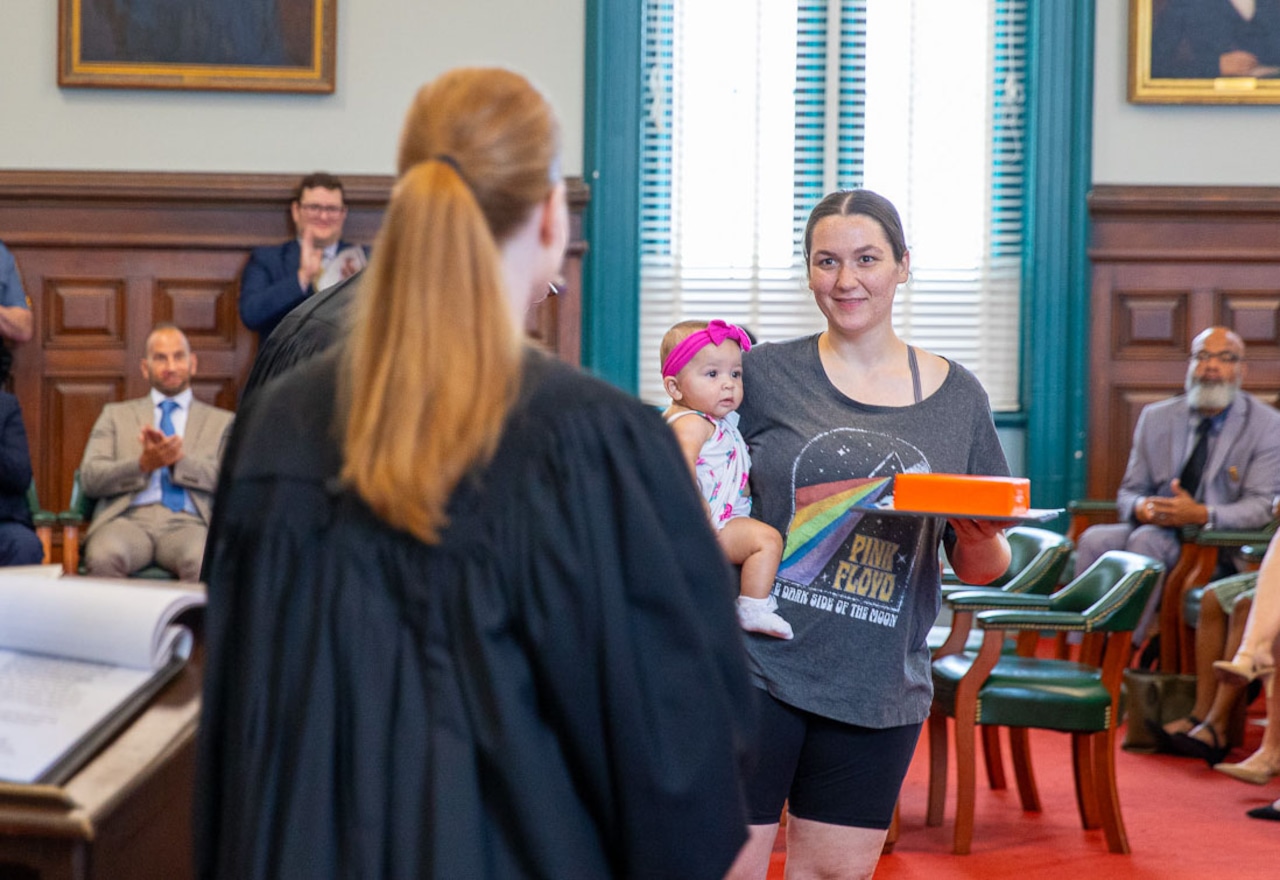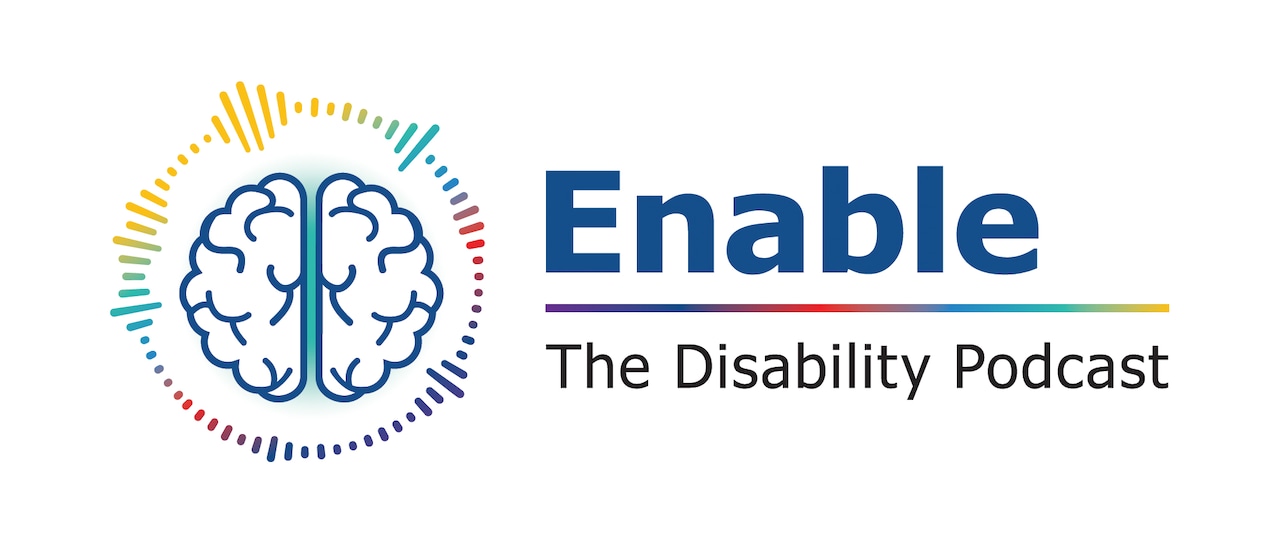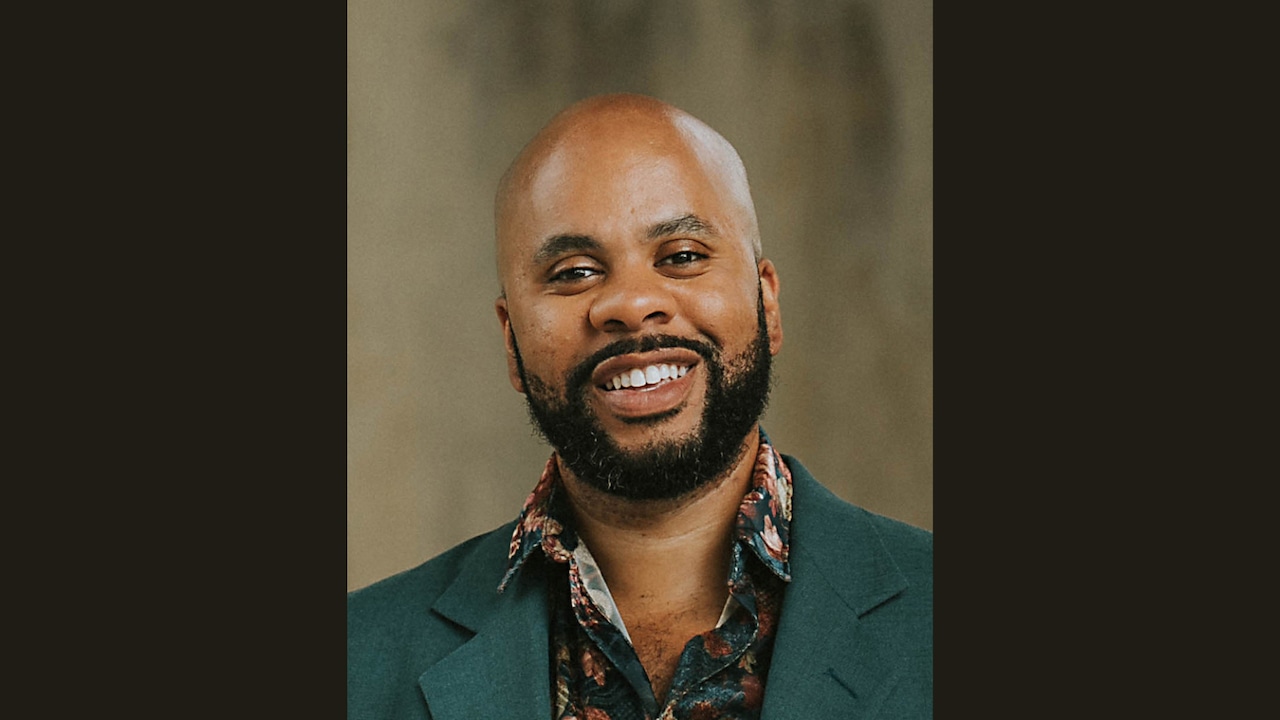As a result of his alcohol misuse, Jeffrey Smith was charged with crimes.
But, according to Northampton County Judge Jennifer Sletvold, he also experienced post-traumatic stress disorder following a catastrophic military injury.
For the judge, who is in charge of the county’s treatment court programs, his case marked a sea change.
I could not bring myself to put that man to prison, Sletvold stated Wednesday. Rather, she suggested that he be placed in recovery court and decided to add a separate court for veterans to the list of treatment courts.
Smith graduated from rehabilitation court on Tuesday. Additionally, the Veterans Court program graduated its first student since its inception last year.
Justice Daniel D. McCaffery of the Pennsylvania Supreme Court stated during Tuesday’s treatment court graduation ceremony that treatment courts are among the most significant illustrations of how our legal system can be both humane and efficient.
The county’s recovery, mental health, and veterans court programs produced a total of 23 graduates. The programs assist defendants in resolving the unique situations that resulted in criminal accusations. Their charges are dropped if they finish the programs.
They progress through the program from one level to the next with the assistance of qualified experts. They receive the necessary care. They pick up life skills like budgeting and housekeeping. They serve the community. A few attend a community college. They submit employment applications.
By the time they graduate, they are typically employed, sober, and living on their own. According to Sletvold, they frequently reunite with their family and come to see their value as people.
245 persons have finished treatment court programs in the last ten years.
The application is difficult to use.Not everybody is successful. Errors happen frequently.
According to Sletvold, the path forward is rarely straight.
The lawyers, probation officers, case managers, counselors, and mentors who oversee the program provide support to the participants.
According to Sletvold, you will never come across a more committed group of individuals than those found in treatment courts.
When someone succeeds, it’s truly reason to celebrate.
According to Sletvold, it is the most fulfilling task he does as a judge.
The judge recognizes that there are much more individuals in need of placement in treatment courts than there are available slots in the programs. Ninety persons are now registered in the county.
However, that number would drop to just 79 if there were no veterans court. Therefore, Sletvold and her colleagues wish for the best for those who don’t make it, celebrate on behalf of those who do, and do their best to assist those who stumble.
Sletvold stated that although it is challenging work and contains some incredibly tragic moments, it is encouraging simply because of how resilient people can be.
Northampton County Treatment Courts By the Numbers
Court of Recovery
-
Year started: 2015
-
Current active participants: 22 women, 33 men
-
Total number of graduates since inception: 125
-
Graduates in 2025: 17
Court for Mental Health
-
Year started: 2015
-
Current active participants: 10 women, 14 men
-
Total number of graduates since inception: 119
-
Graduates in 2025: 5
Veterans Court
-
Year started: 2024
-
Current active participants: 11 men
-
Total number of graduates since inception: 1
Source: Stephanie J. Steward, Coordinator of Northampton County Treatment Courts
Your support is essential to our journalism. Please sign up for a subscription to lehighvalleylive.com now.
You can contact Rudy Miller at [email protected].






